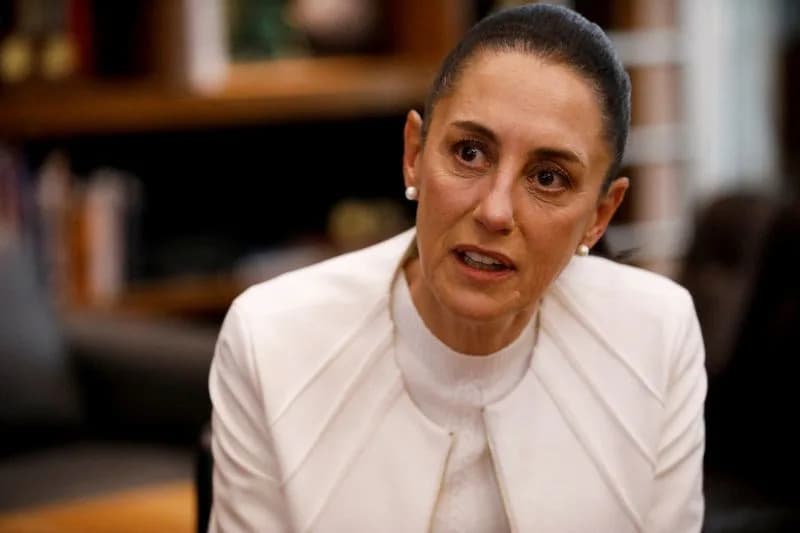Violent protests broke out across Michoacán after the assassination of Uruapan mayor Carlos Manzo at a Day of the Dead event. Demonstrations in Morelia and Apatzingán turned destructive — including a breach of the Government Palace and an arson attack on a city hall — and authorities reported eight arrests. Officials say the suspected teenage gunman was killed at the scene and investigators suspect organized crime involvement. President Claudia Sheinbaum announced a multifaceted "plan for peace and justice," but analysts are skeptical that more troops alone will reduce long‑standing violence.
Killing of Uruapan Mayor Carlos Manzo Sparks Violent Protests Across Michoacán

Killing of Uruapan Mayor Carlos Manzo Sparks Violent Protests Across Michoacán
Violent demonstrations erupted across the Mexican state of Michoacán after the assassination of Carlos Manzo, the outspoken mayor of Uruapan, who was shot dead while attending a Day of the Dead event. Protesters gathered in the state capital, Morelia, under the slogan “enough of abuses and omissions” and later clashed with security forces; a group of demonstrators forced entry into Morelia’s Government Palace and authorities reported eight arrests.
In the city of Apatzingán, officials said rioters set fire to the municipal palace. Local authorities blamed the unrest on what they described as “shock groups whose objectives are far from the true construction of peace.” Videos from the protests showed participants wearing cowboy-style hats in tribute to Manzo’s signature look and chanting angrily about extortion and persistent insecurity.
Crime, Politics and Community Outrage
Manzo was attacked shortly after finishing a livestream at the Day of the Dead event. Michoacán’s attorney general said the suspected gunman — a teenager reported to be between 17 and 19 years old — was killed at the scene and has not been publicly identified. Investigators believe the killing was planned by an organized crime group, though authorities released few details.
The mayor’s killing came soon after the October slaying of Bernardo Bravo Manríquez, head of a local citrus growers association in Apatzingán, who was found dead days after calling for better protection for farm workers. The back-to-back killings of these two prominent local figures — from different sectors of society — underscored how violence has penetrated many parts of life in Michoacán, analysts say.
“This is an honest reaction of the citizens of Michoacán… who for many years have been living under a context of extreme insecurity and high violence,” said David Mora, senior Mexico analyst at the International Crisis Group.
Government Response and Debate Over Security Strategy
President Claudia Sheinbaum devoted much of a recent press conference to Manzo’s killing and announced a “plan for peace and justice” in Michoacán that combines social investments — in education, higher wages for agricultural workers and rural infrastructure — with a strengthened federal security presence. The government said it is committed to "get to the truth and do justice" in Manzo’s murder.
Analysts expressed skepticism about relying principally on increased troop deployments. Mora noted that larger federal forces in other states, including Sinaloa, have not produced clear reductions in homicide or crime rates, and warned that the same approach may not resolve deep-rooted issues.
Scope of the Violence
Official figures show Michoacán recorded 1,024 intentional homicides between January and September of this year, ranking it seventh among Mexican states for that period in 2025. While the number is lower than in 2024, officials have not specified how many killings are tied directly to organized crime; civil groups say the true toll may be higher.
Longstanding insecurity has also driven residents from some towns in Michoacán and neighboring Jalisco, creating numerous rural “ghost towns.” Protesters have demanded an end to extortion and impunity, particularly the protection payments many lemon and avocado farmers say they are forced to pay to criminal groups.
The demonstrations were described by some as an organic civic outpouring of grief and anger — a public demand for security reforms and accountability after years of violence that, for many residents, has become routine.
Note: Investigations are ongoing. Authorities have not released the identity of the suspected shooter or full details on organized crime involvement; official counts of crime may be revised as investigations continue.
Help us improve.



























